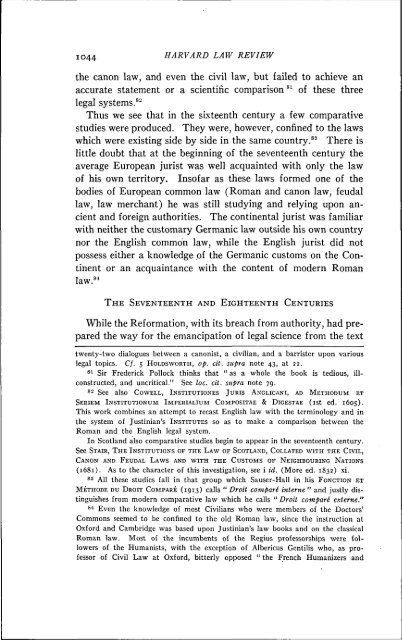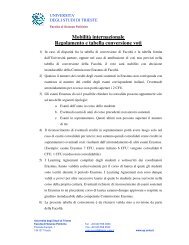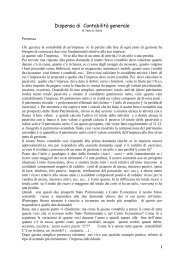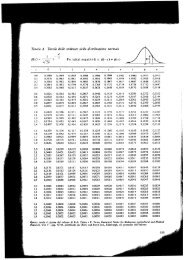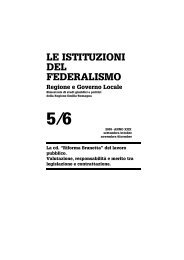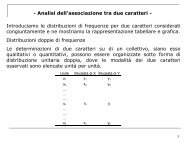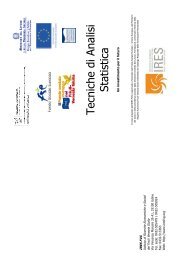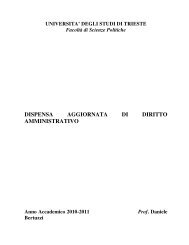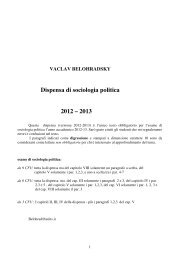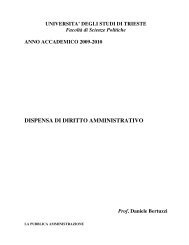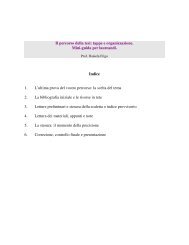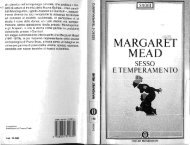THE HISTORY OF COMPARATIVE LAW * ^COMPARATIVE law, as ...
THE HISTORY OF COMPARATIVE LAW * ^COMPARATIVE law, as ...
THE HISTORY OF COMPARATIVE LAW * ^COMPARATIVE law, as ...
Create successful ePaper yourself
Turn your PDF publications into a flip-book with our unique Google optimized e-Paper software.
IO44 HARVARD <strong>LAW</strong> REVIEW<br />
the canon <strong>law</strong>, and even the civil <strong>law</strong>, but failed to achieve an<br />
accurate statement or a scientific comparison ^"^ of these three<br />
legal systems.^-<br />
Thus we see that in the sixteenth century a few comparative<br />
studies were produced. They were, however, confined to the <strong>law</strong>s<br />
which were existing side by side in the same country.*" There is<br />
little doubt that at the beginning of the seventeenth century the<br />
average European jurist w<strong>as</strong> well acquainted with only the <strong>law</strong><br />
of his own territory. Insofar <strong>as</strong> these <strong>law</strong>s formed one of the<br />
bodies of European common <strong>law</strong> (Roman and canon <strong>law</strong>, feudal<br />
<strong>law</strong>, <strong>law</strong> merchant) he w<strong>as</strong> still studying and relying upon ancient<br />
and foreign authorities. The continental jurist w<strong>as</strong> familiar<br />
with neither the customary Germanic <strong>law</strong> outside his own country<br />
nor the English common <strong>law</strong>, while the English jurist did not<br />
possess either a knowledge of the Germanic customs on the Continent<br />
or an acquaintance with the content of modern Roman<br />
<strong>THE</strong> SEVENTEENTH AND EIGHTEENTH CENTURIES<br />
While the Reformation, with its breach from authority, had prepared<br />
the way for the emancipation of legal science from the text<br />
twenty-two dialogues between a canonist, a civilian, and a barrister upon various<br />
legal topics. Cf. s HOLDSWORTH, op. dt. supra note 43, at 22.<br />
81 Sir Frederick Pollock thinks that " <strong>as</strong> a whole the book is tedious, illconstructed,<br />
and uncritical." See loc. dt. supra note 79.<br />
*- See also COWELL, INSTITUTIONES JURIS ANGLICANI, AD METHODUM ET<br />
SERIEM INSTITUTIONUM IMPERIALIUM COMPOSITAE & DiGESTAE (ist ed, 1605).<br />
This work combines an attempt to rec<strong>as</strong>t English <strong>law</strong> with the terminology and in<br />
the system of Justinian's INSTITUTES SO <strong>as</strong> to make a comparison between the<br />
Roman and the English legal system.<br />
In Scotland also comparative studies begin to appear in the seventeenth century.<br />
See STAIR, <strong>THE</strong> INSTITUTIONS <strong>OF</strong> <strong>THE</strong> <strong>LAW</strong> <strong>OF</strong> SCOTLAND, COLLATED WITH <strong>THE</strong> CIVIL,<br />
CANON AND FEUDAL <strong>LAW</strong>S AND WITH <strong>THE</strong> CUSTOMS <strong>OF</strong> NEIGHBOURING NATIONS<br />
(1681). As to the character of this investigation, see i id. (More ed. 1832) xi.<br />
^^ All these studies fall in that group which Sauser-Hall in his FONCTION ET<br />
METHODE DU DROIT COMPARE (1913) calls " Droit conipari interne" and justly distinguishes<br />
from modern comparative <strong>law</strong> which he calls " Droit compari exteme."<br />
^•^ Even the knowledge of most Civilians who were members of the Doctors'<br />
Commons seemed to be confined to the old Roman <strong>law</strong>, since the instruction at<br />
Oxford and Cambridge w<strong>as</strong> b<strong>as</strong>ed upon Justinian's <strong>law</strong> books and on the cl<strong>as</strong>sical<br />
Roman <strong>law</strong>. Most of the incumbents of the Regius professorships were followers<br />
of the Humanists, with the exception of Albericus Gentilis who, <strong>as</strong> professor<br />
of Civil Law at Oxford, bitterly opposed " the French Humanizers and


